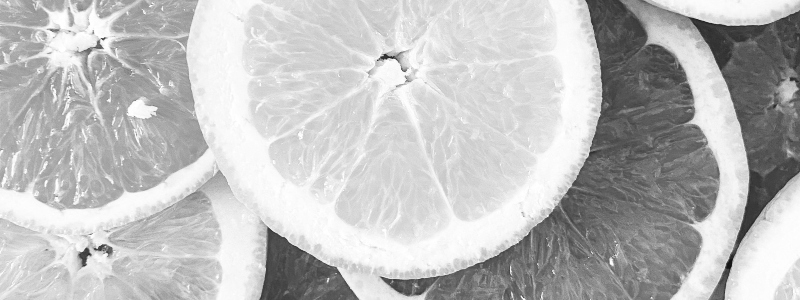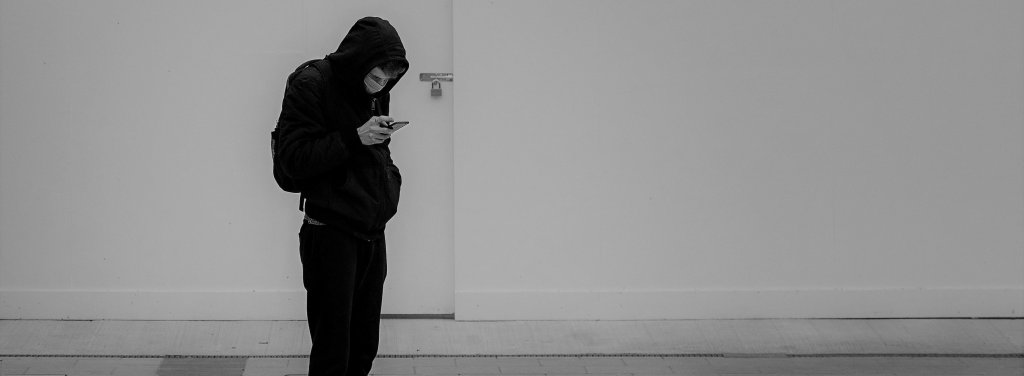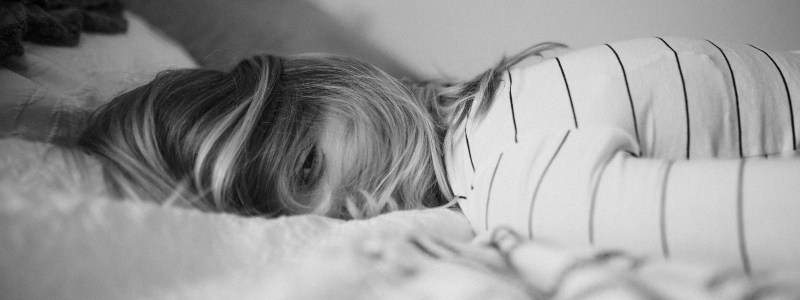This blog follows on from my previous one called ‘Food and Mood‘ and provides you with food examples.
Wholegrain cereals, peas, beans, lentils, nuts, seeds, fruits and vegetables are rich in a range of vitamins and minerals that your body needs to function well. They also digest slowly, helping to provide a slow and steady glucose supply to your brain and body.
Start the day with breakfast, such as wholegrain cereal with milk and fruit, multigrain toast with a poached egg, or fruit with yoghurt. Have no more than 150ml of fresh fruit juice or smoothie to drink.
Include some starchy food (such as boiled potatoes, rice, pasta, and granary or multigrain breads) at lunch and dinner. If you are short of time, then go for a sandwich or jacket potato (filled with fish or low fat cheese and salad) or even a bowl of cereal and some fruit.
Between meals include snacks such as fruit, vegetables, nuts, yoghurts, and oatcakes or crackers with low fat cheese, meat or fish.
Caffeinated drinks, such as coffee, cola, energy drinks, tea and chocolate, should be limited.
Other non-caffeinated drinks, such as fruit squash, lemonade or herbal teas are good alternatives.
Limit your intake to no more than two to three drinks on no more than five days per week. It is however important to remember that alcohol itself is a depressant and may contribute towards depression or make your symptoms worse.
Eat regularly throughout the day to make sure your brain has a steady supply of energy.
Include starchy carbohydrates, protein and vegetables or salad at each meal.
Choose wholegrains, pulses, beans, lentils, and fruit and vegetables.
Minimise processed/packaged foods and instead eat a variety of the items listed above to get a range of different vitamins and minerals.
Eat a good balance of healthy fats to maintain the cell structure of your brain. Include oily fish (omega 3 fatty acids) and unsaturated fats in your diet.
Drink plenty of fluid (six to eight glasses non-caffeinated drinks) to keep hydrated and allow your brain to work as best as it can.
Rebecca Mead is an accredited, registered and experienced Psychotherapist offering Cognitive Behavioural Therapy (CBT) and Interpersonal Psychotherapy (IPT) to individuals adults. Rebecca is available at our Brighton and Hove Practice.
Further reading by Rebecca Mead –








